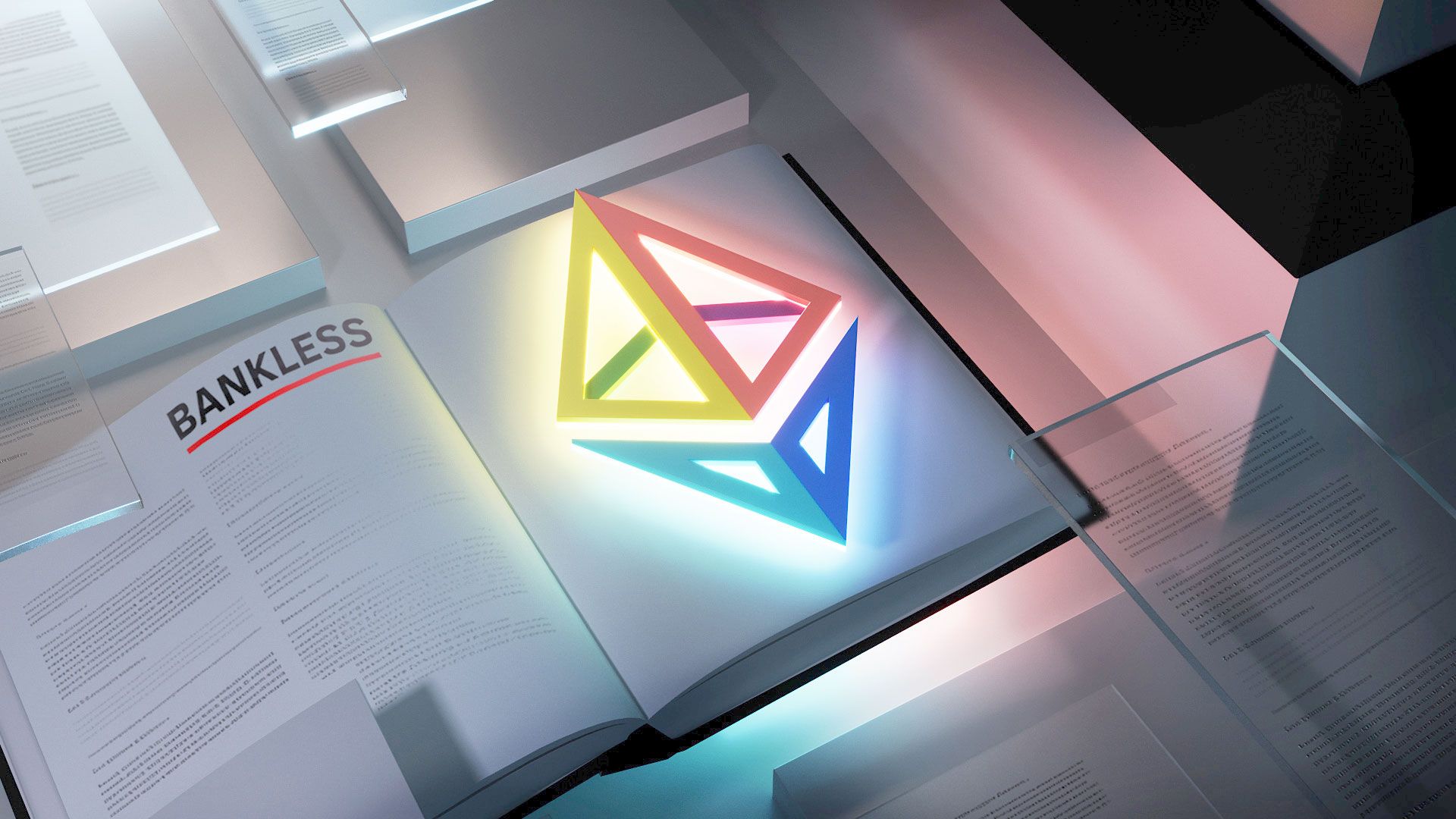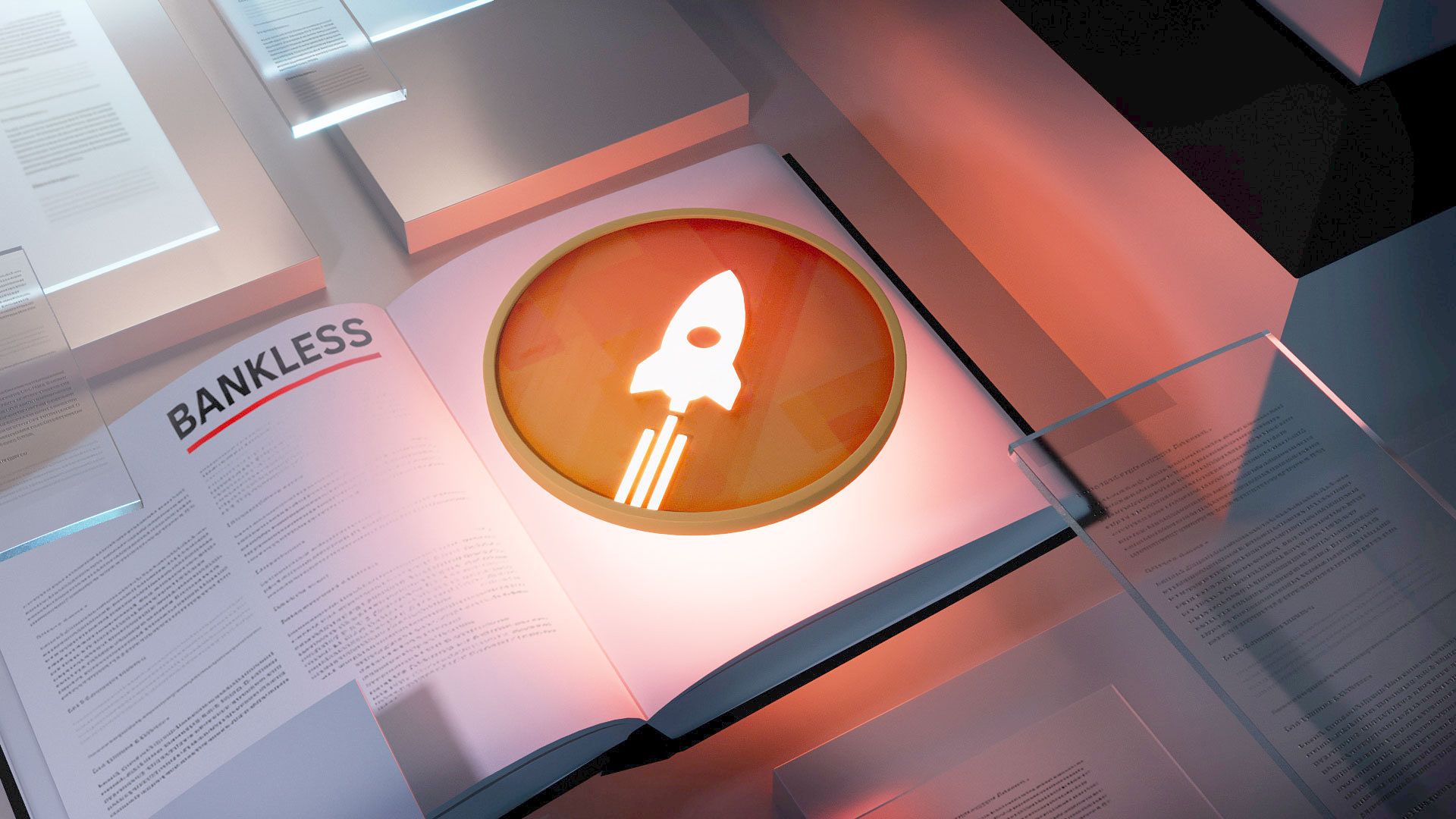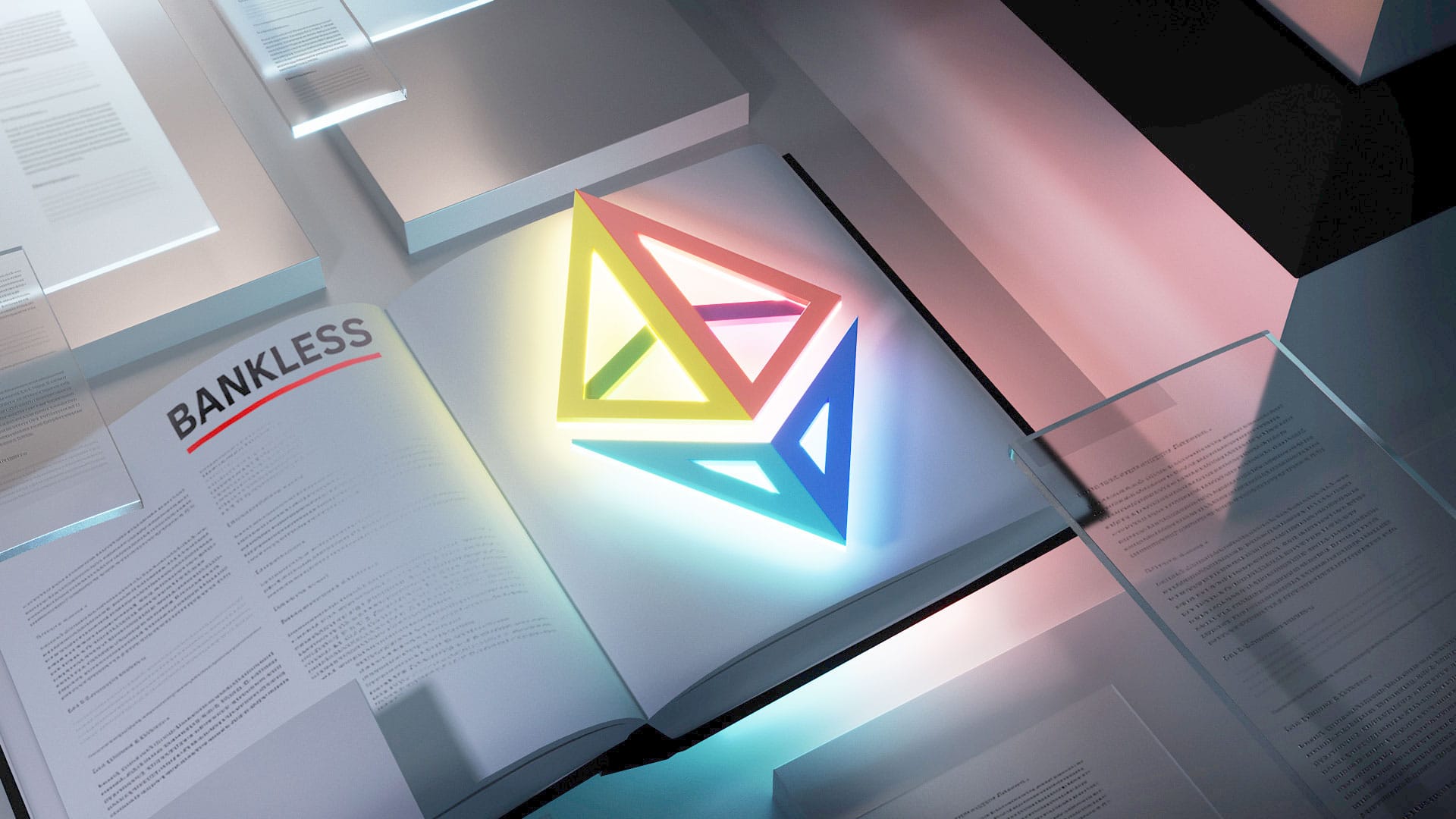Dear Bankless Nation,
If you ever feel like crypto moves too fast for you to keep up, you're not alone! Bankless Guides is here to give you starter courses on some of crypto's most popular apps, networks and protocols.
In this month's Guides drop, we're digging into liquid staking protocols, sharing guides on Lido and Rocket Pool. Click through below to learn 🫡
- Bankless team
The Bankless Guide to Lido

Lido is a decentralized liquid staking solution that operates on the Ethereum, Solana, and Polygon blockchain networks. It allows users to stake their tokens and earn rewards without locking up their assets. When you stake crypto with Lido, you receive utility tokens (e.g. stETH for ETH, stSOL for Solana’s SOL, and stMATIC for Polygon’s MATIC) in return. These tokens represent your staked assets and the rewards they earn.
By far the most popular token minted by Lido is stETH, which represents staked ETH. The value of stETH is pegged to the value of ETH, and it increases over time as staking rewards are accrued.
Why Lido?
Lido offers several benefits for stakers.
- 🪙 It eliminates the need to run your own node, which can be technically challenging and time-consuming; e.g. simply buy stETH to stake!
- 💸 It also allows you to stake any amount of tokens, unlike Ethereum's native staking system that requires 32 ETH.
- 💱 Lido’s staked tokens like stETH are usable in DeFi, e.g. as collateral in borrowing protocols like Maker, so you can stay liquid while making the most of your crypto with passive staking income over time.
Read on for governance info, risk and steps to staking!
The Bankless Guide to Rocket Pool

Rocket Pool is a decentralized Ethereum staking protocol that allows users to stake their ETH and earn rewards without locking up this ETH. When you stake ETH with Rocket Pool, you receive rETH tokens in return. These tokens represent your staked assets and the rewards they earn. The value of rETH is pegged to the value of ETH, and its value increases over time as staking rewards are accrued, leading to a dynamic exchange rate.
Today, there are 727,000 ETH staked through Rocket Pool, making it the third-largest ETH liquid staking solution behind only Lido and Coinbase Earn at the moment. This staked ETH is currently supported across roughly 2,900 Rocket Pool Node Operators and counting.
Why Rocket Pool?
Rocket Pool offers several benefits for stakers:
- 🚀 It eliminates the need to run your own node, which can be technically challenging and time-consuming; e.g. simply buy rETH to stake!
- 💰 It also allows you to stake any amount of tokens, unlike Ethereum's native staking system that requires 32 ETH. With Rocket Pool, you can stake with as little as 0.01 ETH.
- 🔁 Rocket Pool's rETH tokens are usable in DeFi, e.g. as collateral in borrowing protocols, so you can stay liquid while earning passive staking income over time.
- 🧑💻️ More advanced users can become Rocket Pool Node Operators, which can stake with as little as 8 ETH to create a “minipool” and thereby earn higher ETH staking rewards.
Read on for governance info, risk and steps to staking!
Action steps
- 💸 Click through the liquid staking guides above!
- 👁️ Check out the rest of our Bankless Guides content
- 💪 Put this knowledge to work with 5 Staking Opportunities for Beginners
Unlock the future of gaming with Immutable. Experience Immutable’s transformative power, where true digital ownership and web3 technology redefine gaming. Join a vibrant ecosystem backed by our leading web3 gaming platform, millions of players and a diverse lineup of 150+ games. Build, play and connect.

